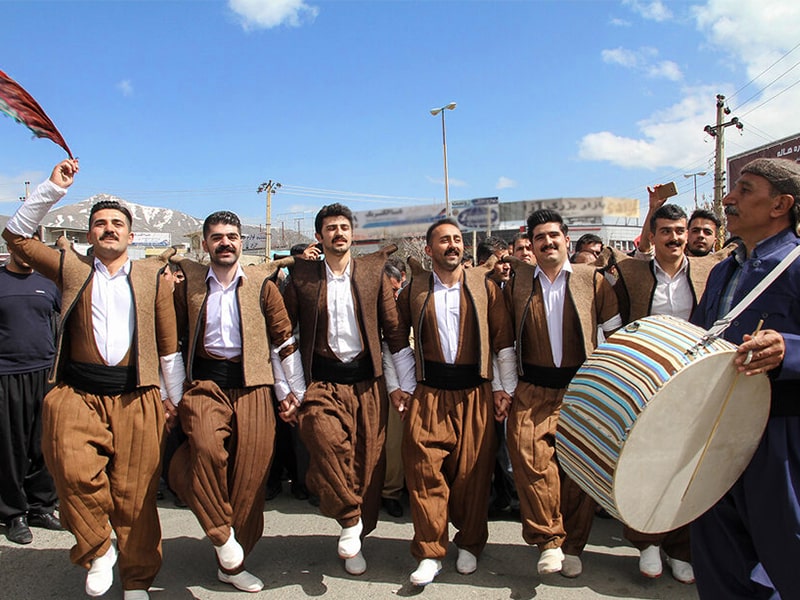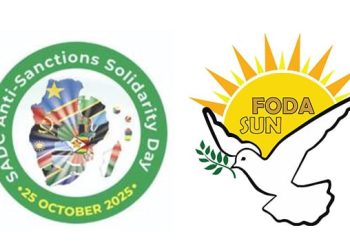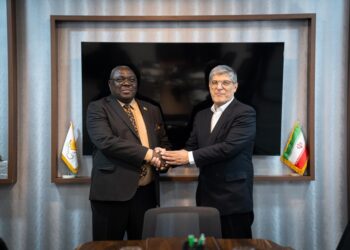Introduction
Today, ethnic diversity is a fact that has become relatively global and plays a significant role in internal and external peace and conflicts in countries. The Islamic Republic of Iran is one of the multi-ethnic countries with ethnic groups such as Kurds, Lurs, Balochs, etc. The Kurds are one of the Iranian ethnic groups. They are considered a minority in number, but as a part of the Iranian nation, they are not different from the majority of the Iranian people in enjoying citizenship rights and laws. In this note, the origin and culture of the Kurdish people and the important social, political, and cultural achievements of these people are briefly stated.
Kurds are people of Iranian origin who live in southeastern Turkey, northern and eastern Iraq, western and northwestern Iran, southern Armenia, and eastern and northern Syria. The Kurds have settled in the western mountainous regions of Iran for thousands of years. Most of the Kurds live in the three provinces of Kermanshah, Ilam, and Kurdistan, as well as in large parts of West Azerbaijan, and they are ranked as the third ethnic group in Iran, constituting approximately 10% of Iran’s population. The Kurdish people speak the Kurdish language, which has many similarities with the Persian language because both languages have the same root and are one of the main and old languages of Iran. Kurds, like other Iranian ethnic groups, became Muslims after the advent of Islam, and the majority of them followed the Shafi’i school and Sunni Islam.
Social achievements of the Kurdish people in Iran
With the establishment of the Islamic system, effective services have been provided to the people of Kurdistan. A clear example of these services is the easy access of people to villages by establishing rural asphalt roads. This is even though before the revolution, not even a car was used for people’s transportation. The presence and activity of doctors in the farthest border point of Kurdistan is also one of the successes of the educational system during the revolution. The construction of well-equipped hospitals, including Kowsar Sanandaj Hospital, is one of the most important service projects. According to the words of the deputy of Management Development and Human Resources of the Governor of Kurdistan province, since the beginning of the 13th government, 1,552 employment permits have been issued in executive bodies, and the highest number of employment is in the field of education with about 1,074 people. Also, in line with the recruitment test held by the National Organization of Educational Testing and Administrative and Recruitment Affairs Organization of Iran (ARAO), about 100 local (Kurdish) people will be evaluated and hired in the province of Kurdistan, a medium-sized province.
The political and military achievements of the Kurdish people in Iran
The participation of all ethnic groups of a nation in choosing the components of governance, such as presidential elections or parliament representation, is a sign of a democratic system. In this regard, the Kurds, like other Iranians, have achieved high political and appointment successes in the government structure. Among these people, we can mention Mamousta Dr. Abdul Salam Karimi, a Kurdish politician from Iran, who has now been appointed as an adviser to the president on the affairs of ethnic and religious minorities. Shahram Irani, admiral and commander of the navy of the Islamic Republic of Iran (took office in 2021), is also a Sunni Kurdish elite. Karim Sanjabi, who was Iran’s special judge at the International Court of Justice in the Iran-UK oil case, the leader of the National Front during the 1979 revolution, and the first foreign minister of Iran, is a Kurd person.
Today, the belief of the citizens of Kurdish regions and the use of peaceful solutions has become a determining factor in Iran’s politics. Establishing the rule of law in Iran requires full coordination between the demands of all citizens, especially the Kurdish regions of Iran. In the constitution, specific reforms towards the Kurdish people, including the right to speak in the Kurdish language and the reduction of religious, gender, and political discrimination, have been considered.
Scientific and educational achievements of Kurdish people in Iran
Human Resources are the most important Resources of any country. These Resources are becoming more fruitful in Kurdistan every day, the university’s mission in this field has been implemented and the number of elites at this university is increasing day by day. In 2021, several faculty members of the University of Kurdistan, including Dr. Abdollah Salimi (Analytical Chemistry), Dr. Hassan Bevrani (Electrical Engineering), Dr. Qobad Shafiee (Electrical Engineering), and Dr. Jafar Abdollahzadeh (Plant Pathology-Mycology) were included in the list of the top 1% of most cited Iranian researchers. Kurdistan University has been selected as the best university in the evaluations conducted by the Center for International Cooperation Studies in 2019. Among other famous Kurdish scientists, Dariush Rezaei was one of the elites and experts in the field of nuclear research and technology in Iran, who was martyred in a terrorist attack in 2013.
Cultural and artistic achievements of the Kurdish people of Iran
Kurdish life is especially intertwined with dance and music, and in general, they are a happy ethnicity with many celebrations. Famous artists and singers from this ethnicity have succeeded in their careers, among which we can mention the famous singer Shahram Nazeri, musician and professor of Iranian music. Mohsen Chavoshi, a famous Iranian pop singer, is one of the other famous Kurdish artists in the music field. In the field of cinema, we can mention the producer Bahman Ghobadi and director and actor, Farhad Aslani, who are popular people in this field. Mahmoud Shahriari, a famous TV host, and Ali Toloui, the former manager of the Jame Jam Global Network, and one of the presenters who organized the June 2013 election debate, are among the most successful Kurdish people on TV. Also, the first modern novel in the Persian language “Showhar-e Ahou Khanom” was written by Ali Mohammad Afghani, one of the famous Iranian Kurdish writers.
In the end, it is appropriate to mention one of the active and successful Kurds, namely Bahman Farivar, known as Dr. Soran Kurdistani, who, to serve the culture of his land and hometown, carried out a cultural activity in the field of Iranology and knowledge of Iranian peoples through field research, and has established the first Kurdology research website.





